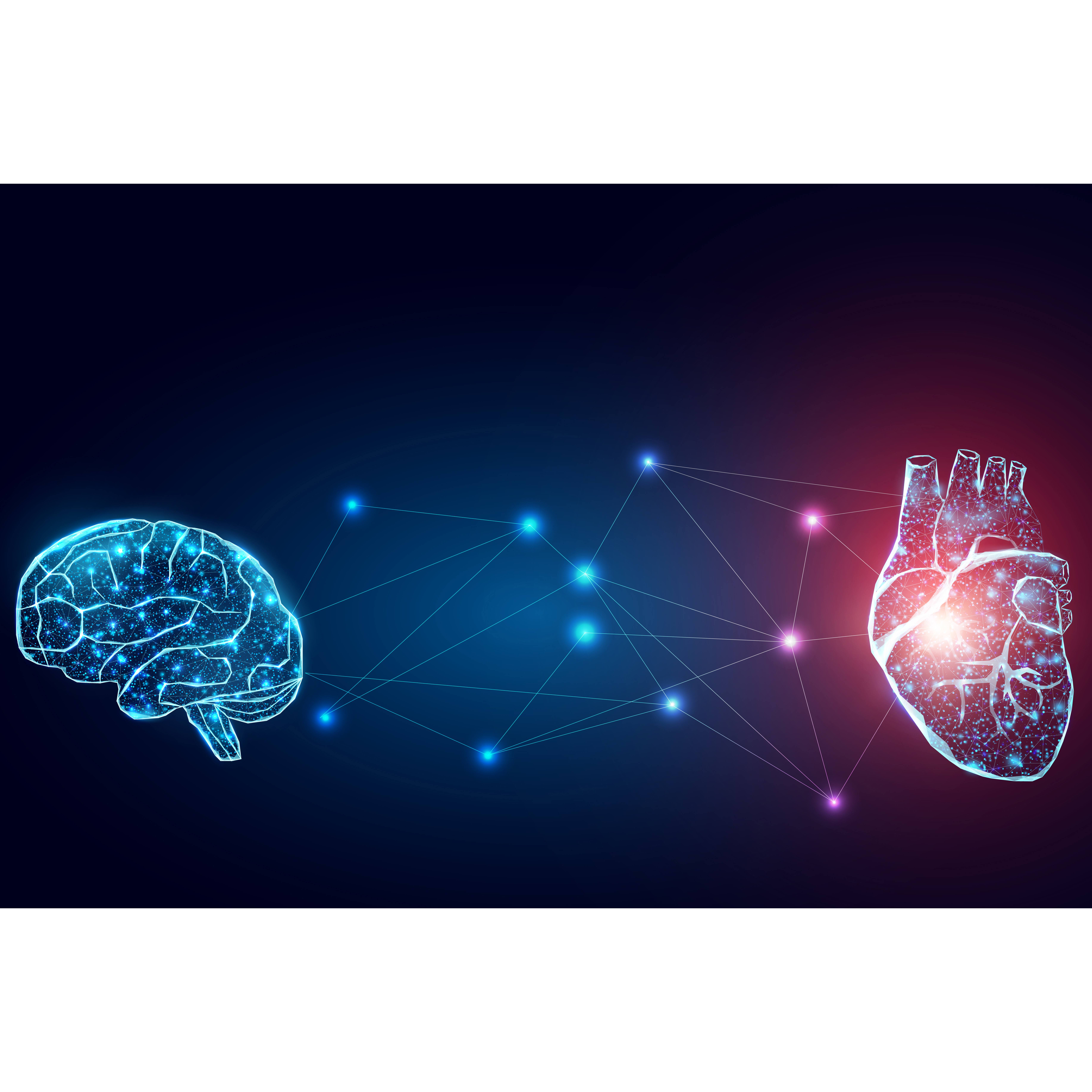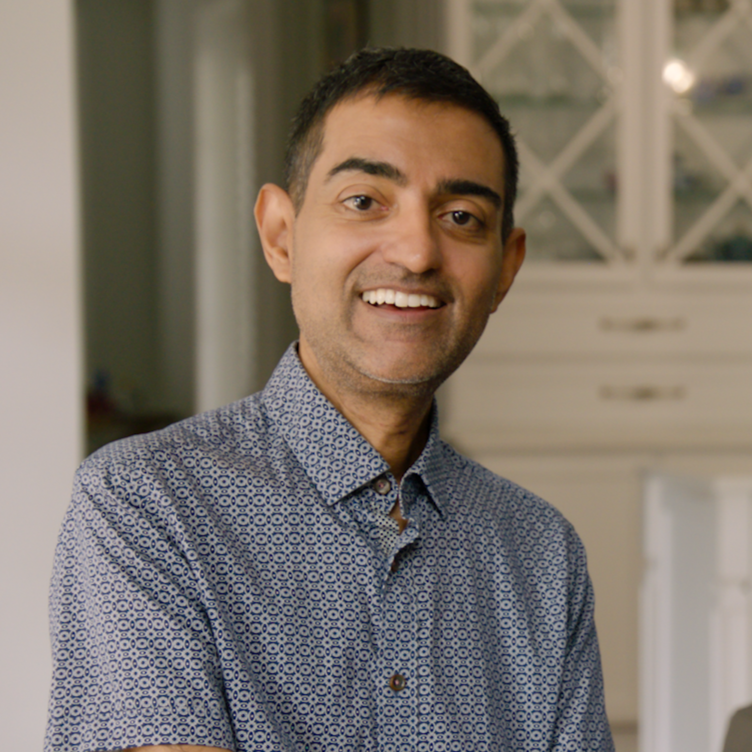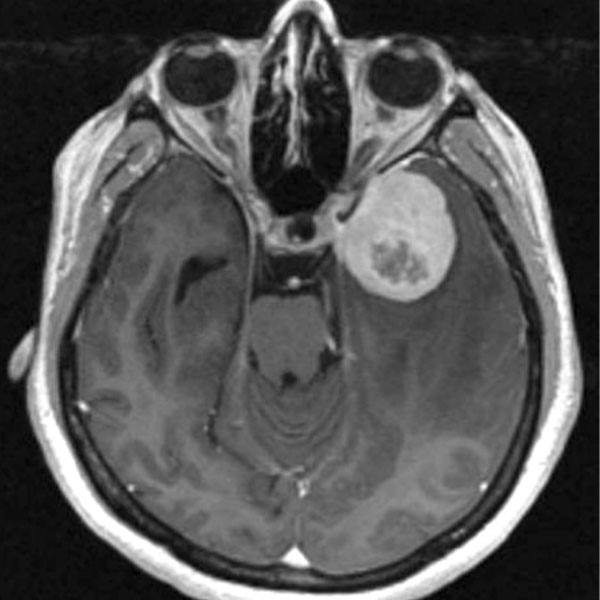-
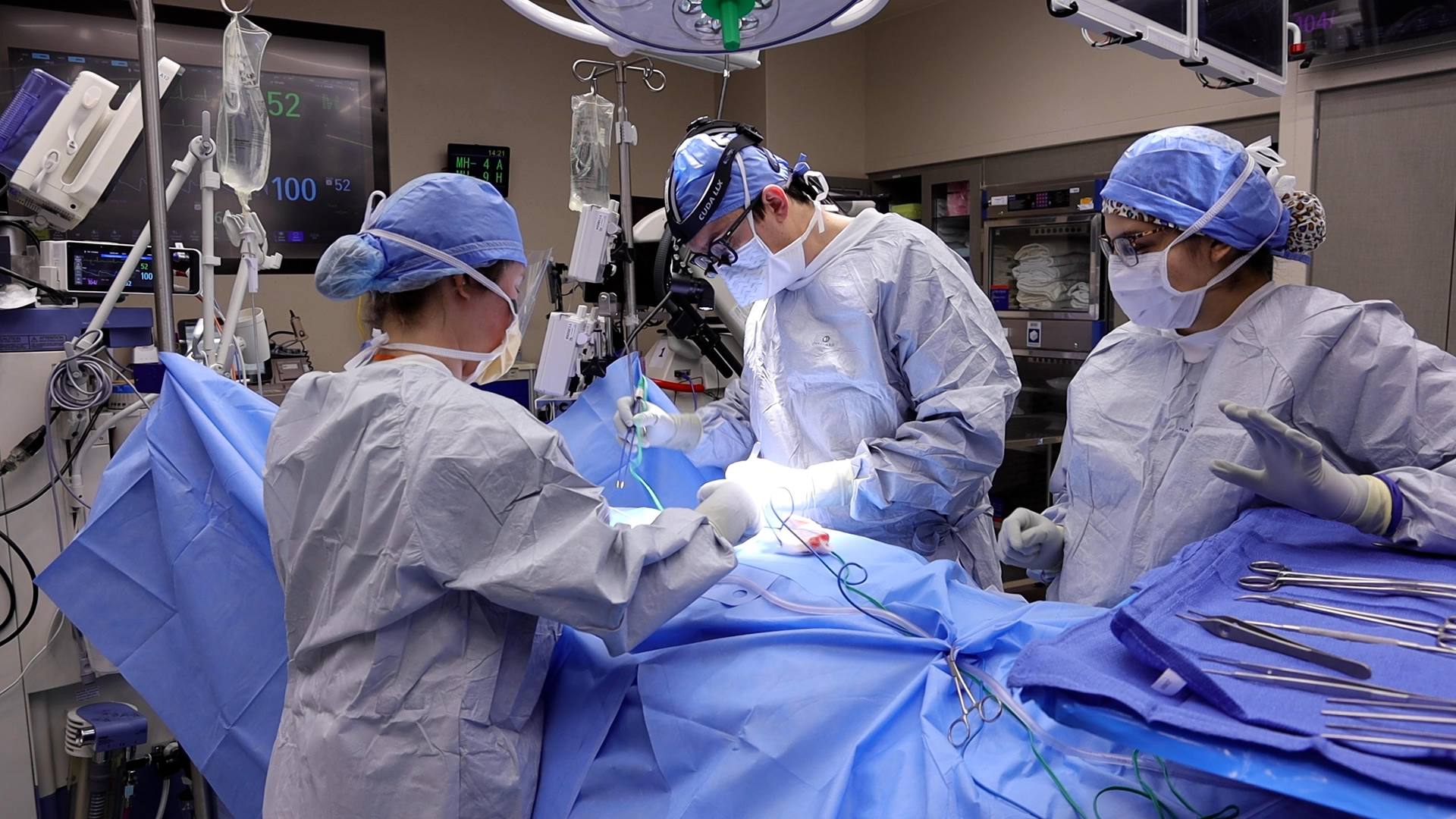
Mayo Clinic Minute: How vagus nerve stimulation can help some patients improve their recovery after stroke
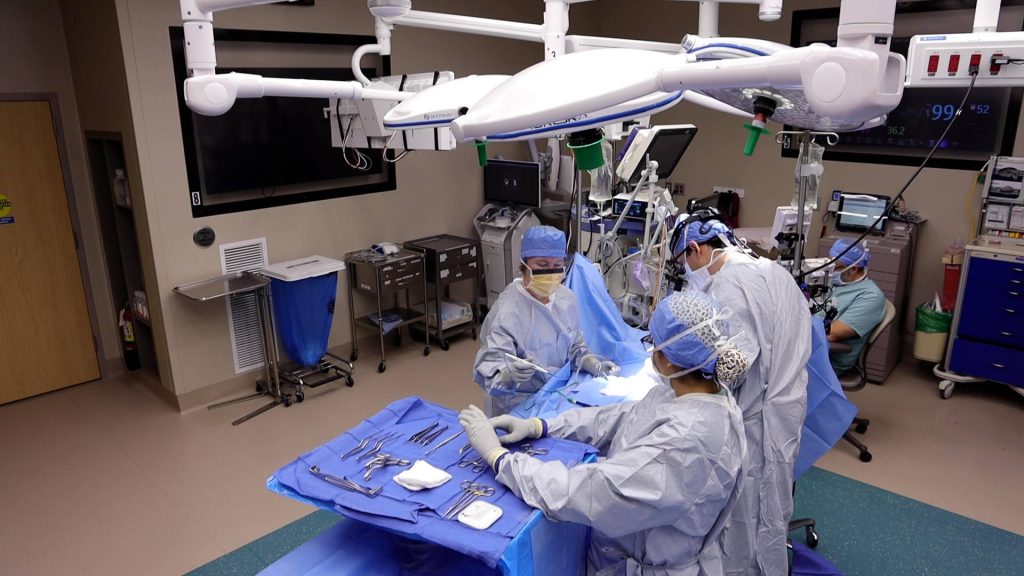
A vagus nerve stimulation device, approved by the Food and Drug Administration, is being used in rehabilitation to help patients recovering from an ischemic stroke. If a patient is having trouble using their hand or arm after a stroke, this stimulation device helps create new pathways in the brain as the person performs exercises. This can help the person regain function faster than rehabilitation alone.
Dr. Jonathon Parker, a Mayo Clinic neurosurgeon, discusses how the vagus nerve stimulation device is helping some stroke patients recover their mobility in this Mayo Clinic Minute.
Journalists: Broadcast-quality video (1:09) is in the downloads at the end of this post. Please courtesy: "Mayo Clinic News Network." Read the script.
An ischemic stroke can be life-changing for those who survive. Many people may need speech, physical or occupational therapy to regain their abilities. The vagus nerve stimulator device also used to treat epilepsy, can help some patients recover strength in their arms, even many months or years after their stroke.
"We can stimulate the nervous system in a way that we can then augment the body's ability to recover from something like a stroke," says Dr. Parker.
This advanced device can be used to deliver stimulation at the moment the patient is performing a rehabilitation exercise. Pairing this action can help patients recover lost strength from stroke and, in many cases, regain function in their hands and arms.
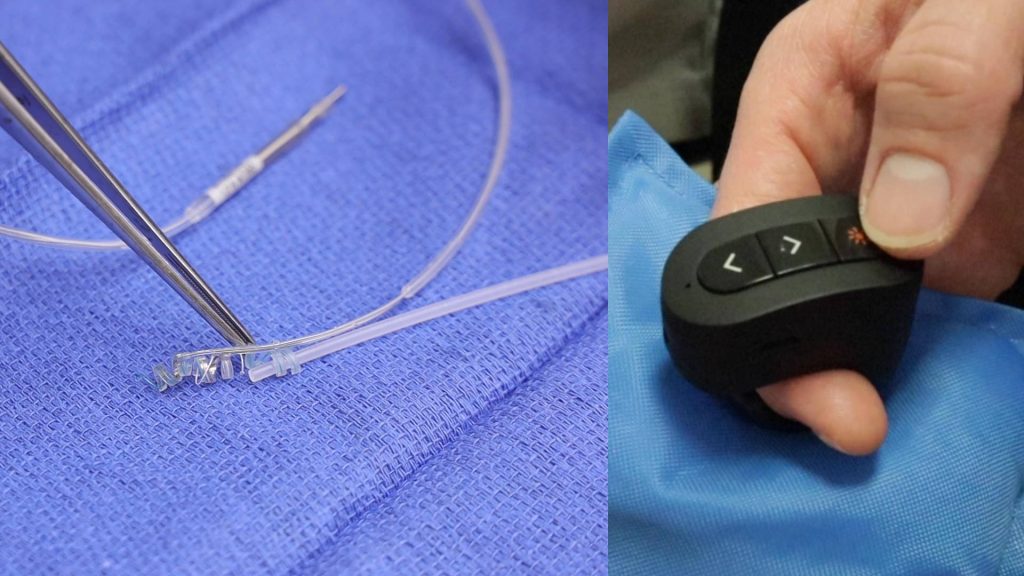
"We study this therapy in patients who are already in that chronic phase of recovery from their stroke. Nearly half of those patients were able to have a very significant improvement in their motor strength," he says.
Researchers also are studying vagus nerve stimulation as a potential treatment for a variety of other conditions. Research is looking at the potential benefits of the therapy for rheumatoid arthritis, inflammatory bowel disease, bipolar disorder, obesity, and Alzheimer's disease.
Related topics:
- Mayo Clinic Minute: Better-tolerated treatments for migraine pain.
- Mayo Clinic Minute: A surgery option when epilepsy treatments don’t work.





